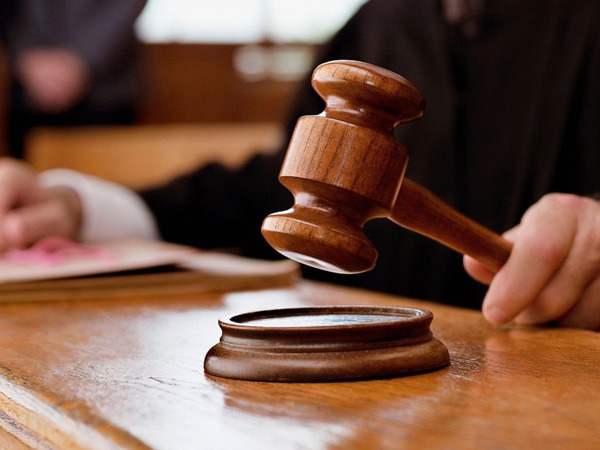Federal High Court Abakaliki Bars INEC And PDP From Recognising Ebonyi Caretaker Committee

The Federal High Court in Abakaliki has issued an order preventing the Independent National Electoral Commission (INEC) and the national leadership of the Peoples Democratic Party (PDP) from recognizing the Steve Oruruo-led Ebonyi State Caretaker Committee.
Presiding Judge, Justice Hillary Oshomah, issued this directive while ruling on a motion on notice filed by former State Chairman of the party, Silas Ọnụ, against the PDP and INEC. This order will remain in effect pending the hearing and determination of the originating summons in the case.
The PDP in Ebonyi State has been embroiled in a persistent crisis, leading to significant factionalization and the defection of many key members to the ruling All Progressives Congress (APC). The National Working Committee of the PDP had previously appointed a caretaker committee headed by Enugu State indigene, Steve Oruruo.
On July 20, Mr. Onu requested the court to restrain the PDP from appointing the Chairman, Secretary, and Members of the Caretaker Committee until the originating summons is resolved. He also sought an order preventing INEC and the PDP from recognizing any appointed officials of the Ebonyi State Chapter’s Caretaker Committee.
In his ruling, Justice Oshomah granted Mr. Onu’s requests, barring INEC and the PDP from recognizing the Ebonyi State chapter’s Caretaker Committee.
“The 1st and 2nd Defendants are by Order of this Honourable Court barred from recognizing anyone appointed as Chairman, Secretary, and Members of Peoples Democratic Party, Ebonyi State Chapter, Caretaker Committee by the National Organizing Secretary pending the hearing and determination of the Originating Summons,” stated Justice Oshomah.
Furthermore, Justice Oshomah instructed all parties involved to acknowledge the ongoing nature of the case and maintain the status quo, as per the doctrine of lis pendens, to prevent any actions that could compromise the subject matter of the case. He emphasized that no steps should be taken that could potentially undermine the court’s eventual decision on the substantive matter.

